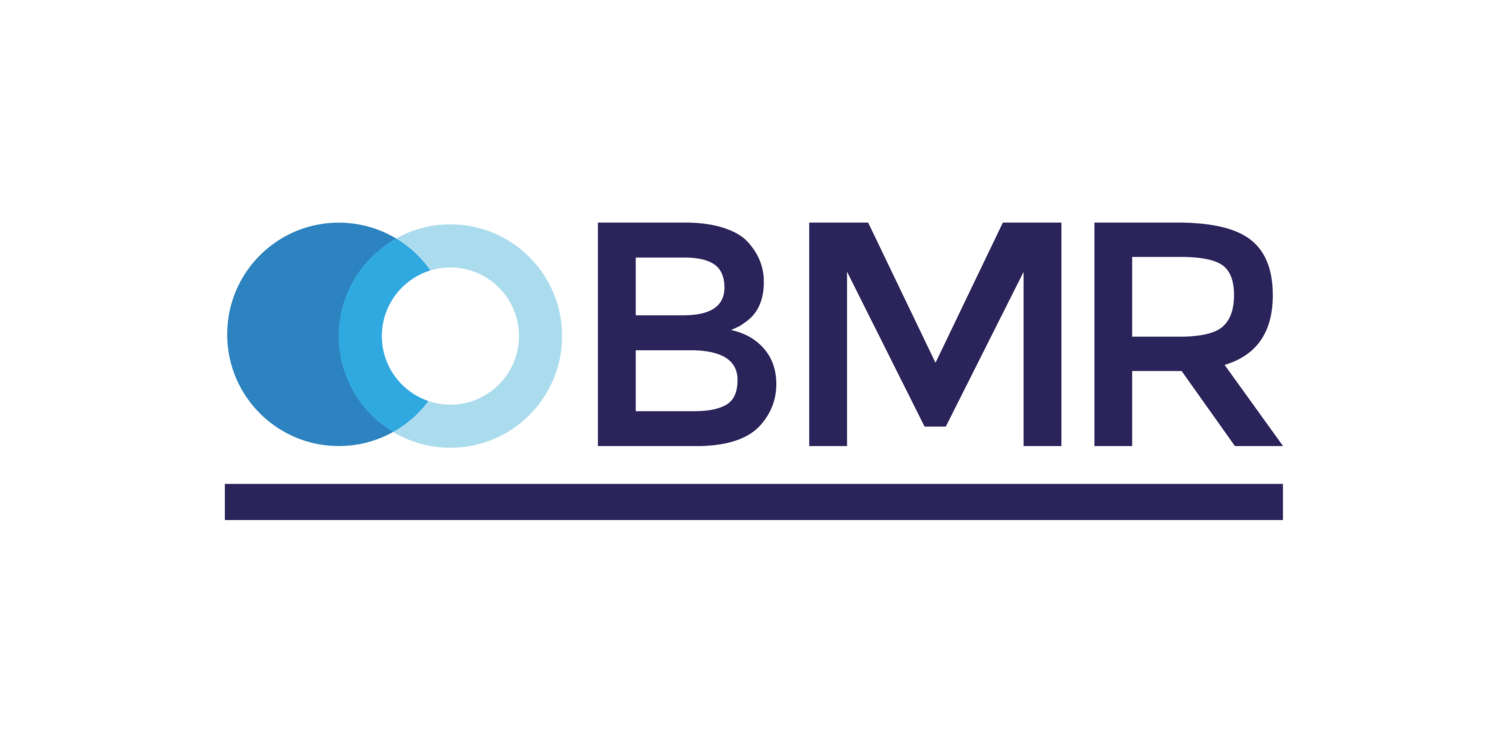Why is Psychological Health, Safety and Wellbeing Important?
It is important to decide why psychological health, safety and wellbeing are important to your organisation.
There are many reasons this could be the case including compliance with H&S legislation, increasing productivity, being an employer of choice, or simply because it is the right thing to do. Your “why” may fit under one or more of these headings, or there may be other reasons.
REASON 1: Compliance:
The UK Health and Safety at Work Act 1974:
Section 2 (1) “ensure, so far as is reasonably practicable, the health, safety and "welfare" of all employees. This duty of care extends to Psychiatric injury.
The Management of Health and Safety at Work Regulations 1999:
Reg 3, 5 - Requires employers to carry out risk assessments, information and training In order to comply with these duties an employer should:
1. identify and, if appropriate, assess any psychosocial hazards (e.g. role overload, job control) that can cause or contribute to stress/ psychological injury
2. implement risk control measures to control the risk
3. review and revise risk control measures
4. following a report/injury/incident involving stress, investigate whether work-related psychosocial hazards contributed.
FlourishDx can help with the first three of these compliance requirements and provide appropriate language for the investigation of stress-related injuries/incidents. The “Work Design” survey within the platform can be used as a needs analysis tool to identify where intervention is required in order to increase productivity and reduce psychological injuries.
REASON 2: Increase Productivity
In 2020 a Deloitte report estimated that the costs to employers of mental health‐related presenteeism are roughly three‐and‐a‐half times the cost of mental health‐related absence. Costs of presenteeism have also increased at a faster rate than the costs of absence, partly due to changes in the working environment that encourage employees with poor mental health to present themselves at work rather than take illness absence.
Based on Deloitte's systematic review of the available literature, they found in 2017 that ROIs ranged from £0.40 per £1 invested (0.4:1) to £9 per £1 invested (9:1), with an average ROI of 4.2:1. Our updated research, which includes new studies, found that the ROI range is now between 0:4:1 and 10.8:1, with an average ROI of 5.2:1.
In response to the question in the Mind Workplace Wellbeing Index: ‘When I am struggling with my mental health and would benefit from time off, I always…’,
REASON 3: Become an employer of choice
Being an employer of choice means establishing a business that is a great place to work. If employers offer sub-standard working conditions they will find it harder to attract and retain talented employees.
REASON 4: it’s the right thing to do
Approximately one in four working adults experience a mental disorder each year. Almost half of all people will experience a mental disorder in their lifetime. With the high prevalence of mental disorders, it is likely most will be affected or know someone who is. Prolonged exposure to stress also affects the physical health of individuals. Physical effects associated with stress include heart disease, musculoskeletal disorders, headaches, gastrointestinal disturbances and various minor illnesses. Stress can also lead to other behaviours that are harmful to health such as skipping meals, drinking too much caffeine or alcohol, misusing drugs, or smoking.
Full-time employees are likely to be working more than any other single activity in their life (except maybe sleeping).
Employment has more beneficial effects on mental health than unemployment. This makes the workplace an ideal place to create interventions to reduce the community impact of mental illnesses and help people realise their potential and create their best possible levels of wellbeing. Regardless of your reason for creating a psychologically healthy and safe workplace, there are many more benefits for proactively addressing mental health as opposed to doing nothing. The remainder of the implementation guide will deal with the “how” of creating a psychologically healthy and safe workplace with the support of FlourishDx.
In 2017, the government commissioned Lord Stevenson and Paul Farmer (Chief Executive of Mind) to independently review the role employers can play to better support individuals with mental health conditions in the workplace. The ‘Thriving at Work’ report sets out a framework of actions –called ‘Core Standards’ – that employers of all sizes can and should put in place. The six Thriving at Work Core Standards are designed to help employers improve the mental health of their workplace and enable individuals with mental health conditions to thrive.
Core Standard 1:
Produce, implement and communicate a mental health at work plan that encourages and promotes the good mental health of all staff and open organisational culture.
Core Standard 2:
Develop mental health awareness among employees by making information, tools and support accessible.
Core Standard 3:
Encourage open conversations about mental health and the support available when employees are struggling, during the recruitment process, and at regular intervals throughout employment, with appropriate workplace adjustments offered to employees that require them.
Core Standard 4:
Provide your employees with good working conditions and ensure they have a healthy work/life balance and opportunities for development
Core Standard 5:
Promote effective people management to ensure all employees have a regular conversation about their health and wellbeing with their line manager, supervisor or organisational leader and train and support line managers in effective management practices.
Core Standard 6:
Routinely monitor employee mental health and wellbeing by understanding available data, talking
to employees, and understanding risk factors.
Enhanced Standard 1:
Increase transparency and accountability through internal and external reporting to include a leadership commitment and outline of the organisation’s progress on mental health.
Enhanced Standard 2:
Demonstrate accountability by nominating a health and wellbeing lead at Board or Senior Leadership level, with clear reporting duties and responsibilities.
Enhanced Standard 3:
Improve the disclosure process to encourage openness during recruitment, ensuring employees are aware of why information is required and make sure the right support is in place to facilitate a good employer response following disclosure.
Enhanced Standard 4:
Ensure provision of tailored in-house mental health support and signposting to clinical help, including digital support, employer-purchased Occupational Health or Employee Assistance Programmes, or NHS services, amongst other sources of support. In addition, the UK Health and Safety Executive’s (HSE) Management Standards also establishes a framework to help employers tackle work-related stress. The HSE covers six key areas of work design associated with poor health, lower productivity and increased absence rates.
· Demands of workload and the environment.
· Autonomy
· Management Support
· Relationships and Conflict Management:
· Role Clarity
· Change Management
Access our free resource library to download great content:



